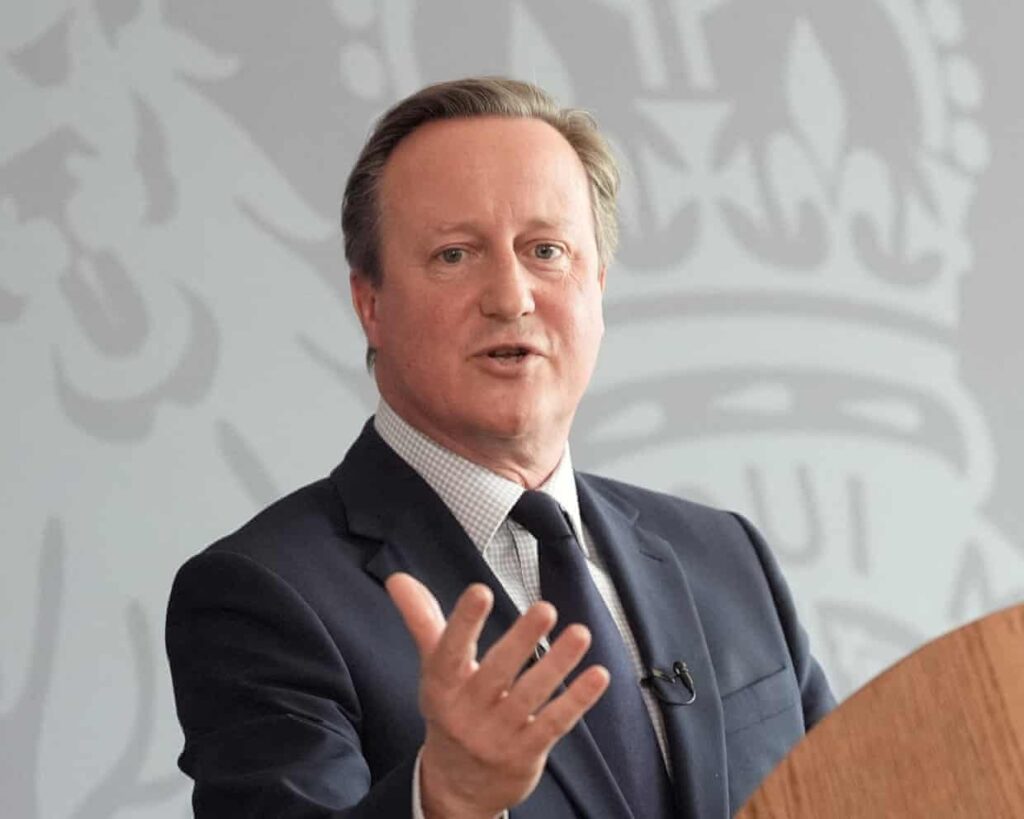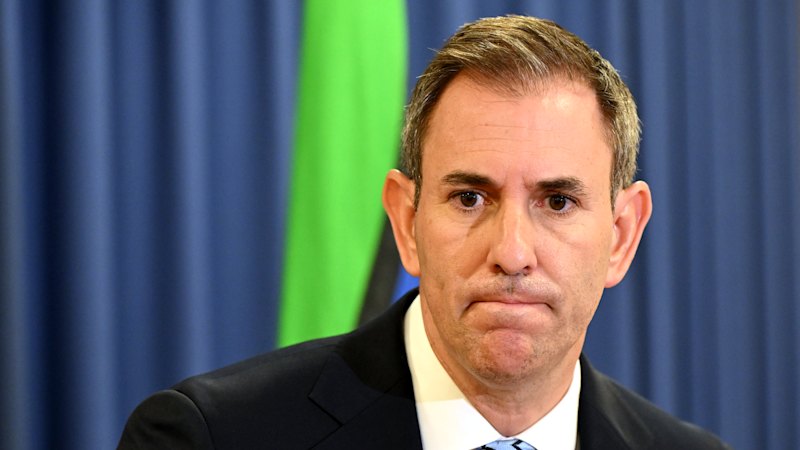
Former UK Prime Minister David Cameron has publicly disclosed that he underwent treatment for prostate cancer. In a candid interview with the Times, he urged for the establishment of a targeted screening programme to facilitate early detection of the disease.
Cameron expressed his desire to contribute to the conversation surrounding men’s health issues, acknowledging that many men are often hesitant to discuss intimate health concerns. “I want to, as it were, come out. I want to add my name to the long list of people calling for a targeted screening programme,” he stated. His remarks highlight a significant barrier to men’s health: the reluctance to address topics related to prostate health and its connection to sexual health.
In sharing his personal experience, Cameron emphasized the importance of early detection. “I had a scan. It helped me discover something that was wrong. It gave me the chance to deal with it,” he said. His call for action is particularly relevant in a time when health awareness among men remains crucial.
Encouraging Open Dialogue on Men’s Health
Cameron noted that many men tend to postpone discussions about their health, often feeling embarrassed or uncomfortable. “Let’s be honest. Men are not very good at talking about their health. We tend to put things off,” he remarked. His initiative to speak out aims to encourage others to prioritize their health and seek necessary medical advice without hesitation.
The former Prime Minister’s openness could potentially inspire a broader dialogue about men’s health issues, particularly prostate cancer, which affects a significant number of men worldwide. Recent statistics indicate that one in eight men will be diagnosed with prostate cancer in their lifetime, underscoring the need for proactive health measures.
Cameron’s appeal for a targeted screening programme aligns with ongoing discussions in the medical community about the benefits of early detection in reducing mortality rates associated with prostate cancer. By advocating for screening, he hopes to improve health outcomes and encourage men to take charge of their health proactively.
As Cameron continues to share his journey, he emphasizes the importance of vulnerability in health discussions. “I would feel bad if I didn’t come forward and say that I’ve had this experience,” he concluded. His story serves as a reminder of the necessity for open dialogue and support in addressing health concerns among men.
The public’s response to Cameron’s revelation remains to be seen, but his commitment to raising awareness about prostate cancer screening signals a step towards greater acceptance and proactive health management in society.







